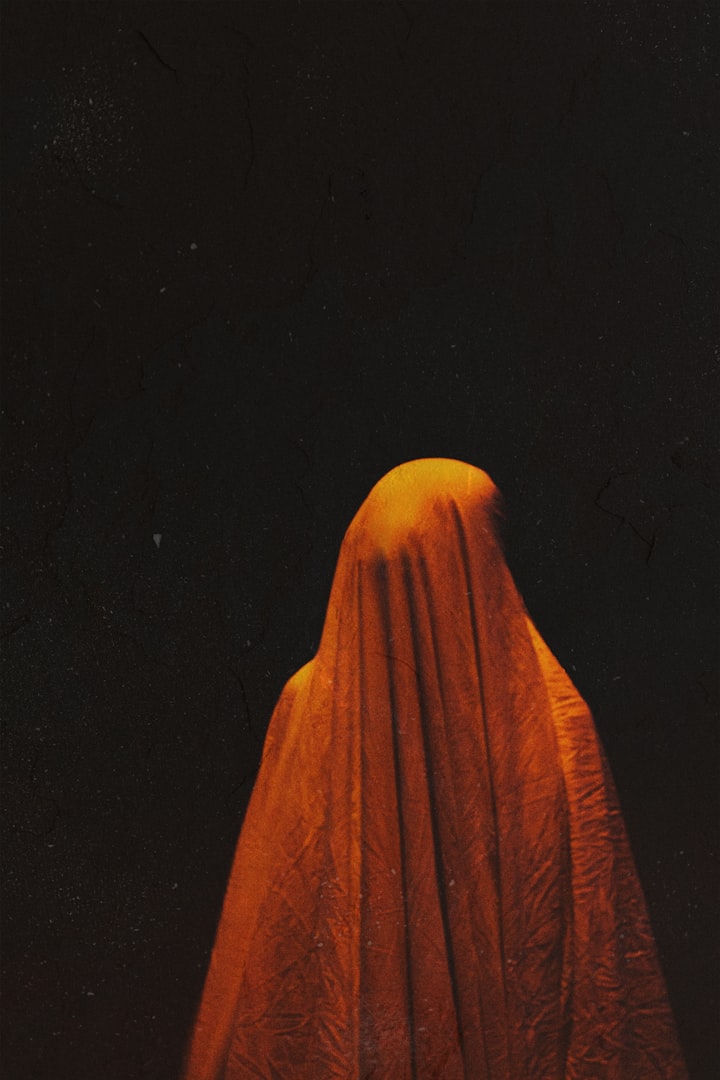
Ghosts have been a part of human folklore for centuries, and they continue to fascinate us even today. These apparitions are said to be the spirits of the dead who have not yet found rest in the afterlife. Ghost stories have been passed down from generation to generation, and they are a staple of horror movies and books. But what exactly are ghosts, and where do they come from? In this article, we will explore the world of ghosts, their history, and their cultural significance.
The History of Ghosts
The concept of ghosts is not new. People have been telling stories about spirits of the dead for thousands of years. In ancient Greece, ghosts were believed to be the souls of people who had died suddenly or violently. These spirits were said to wander the earth until they were properly buried, and failure to do so would result in their eternal unrest. The Romans also believed in ghosts, and they performed elaborate rituals to appease them.
In medieval Europe, ghosts were often associated with religion. It was believed that the souls of the dead would return to earth to seek redemption for their sins. Ghosts were seen as a warning to the living to repent and live a pious life. This idea persisted well into the Renaissance, where ghosts were often depicted in art and literature.
The rise of spiritualism in the 19th century gave new life to the idea of ghosts. Spiritualists believed that the dead could communicate with the living through mediums. They held seances to contact the spirits of the dead and even claimed to have photographic evidence of their presence. This movement reached its peak in the early 20th century but gradually faded away as skeptics began to question the legitimacy of spiritualist claims.
Types of Ghosts
There are many different types of ghosts, each with its own characteristics and abilities. Here are a few of the most common types of ghosts:
Residual Ghosts: These are the most common type of ghost. They are like recordings of past events that play over and over again. They are not aware of the living and cannot interact with them.
Intelligent Ghosts: These ghosts are aware of the living and can interact with them. They may be trying to communicate a message or seeking help to resolve unfinished business.
Poltergeists: These ghosts are known for their mischievous behavior. They can move objects, create strange sounds, and cause other disturbances.
Shadow Ghosts: These are dark, shadowy figures that are often seen out of the corner of the eye. They are said to be the spirits of people who died in tragic circumstances.
Demonic Ghosts: These are malevolent spirits that are often associated with possession and exorcism. They are believed to be the work of demons and can be dangerous to the living.
The Science of Ghosts
Despite the widespread belief in ghosts, there is little scientific evidence to support their existence. Skeptics argue that ghost sightings can be explained by natural phenomena such as pareidolia (the tendency to see patterns in random objects), optical illusions, and hallucinations.
However, some researchers believe that there may be a scientific explanation for ghost sightings. The field of parapsychology studies paranormal phenomena, including ghosts. While the field is controversial and often criticized, some studies have shown evidence of extrasensory perception (ESP) and telekinesis, which could potentially explain some ghostly activity.
Another theory is that ghosts are a manifestation of quantum mechanics. According to this theory, ghosts are a result of particles interacting in ways that are not yet fully understood by science. This idea is still in its early stages of development and is not widely accepted by the scientific community.
The Cultural Significance of Ghosts
Ghosts have played a significant role in human culture. They have appeared in literature, art, and music throughout history. Ghost stories have been told around campfires for generations, and they continue to be a popular genre in books and movies today.
In many cultures, ghosts are believed to have a role in the afterlife. In some traditions, ghosts are seen as messengers between the living and the dead. In others, they are believed to be able to provide protection or guidance to the living.
Ghosts also play a role in many religious traditions. In Christianity, ghosts are often associated with purgatory, where the souls of the dead are believed to be cleansed before they can enter heaven. In Hinduism and Buddhism, ghosts are believed to be spirits that have not yet found release from the cycle of rebirth.
In some cultures, ghosts are seen as malevolent beings that can cause harm to the living. In others, they are viewed more as benevolent spirits that can offer protection or guidance. In Japan, for example, ghosts are often depicted as vengeful spirits that haunt those who have wronged them in life. In Mexico, on the other hand, ghosts are celebrated during the Day of the Dead, a holiday where families honor their deceased loved ones.
Conclusion
Ghosts continue to capture our imagination and remain a part of human folklore. Despite the lack of scientific evidence for their existence, they continue to play a role in many cultures around the world. Whether they are seen as malevolent beings or benevolent spirits, ghosts have had a significant impact on human culture throughout history. Whether they are real or simply a product of our imaginations, they will likely continue to fascinate and terrify us for generations to come.
About the Creator
Arish Ali
The world is yours!





Comments
There are no comments for this story
Be the first to respond and start the conversation.